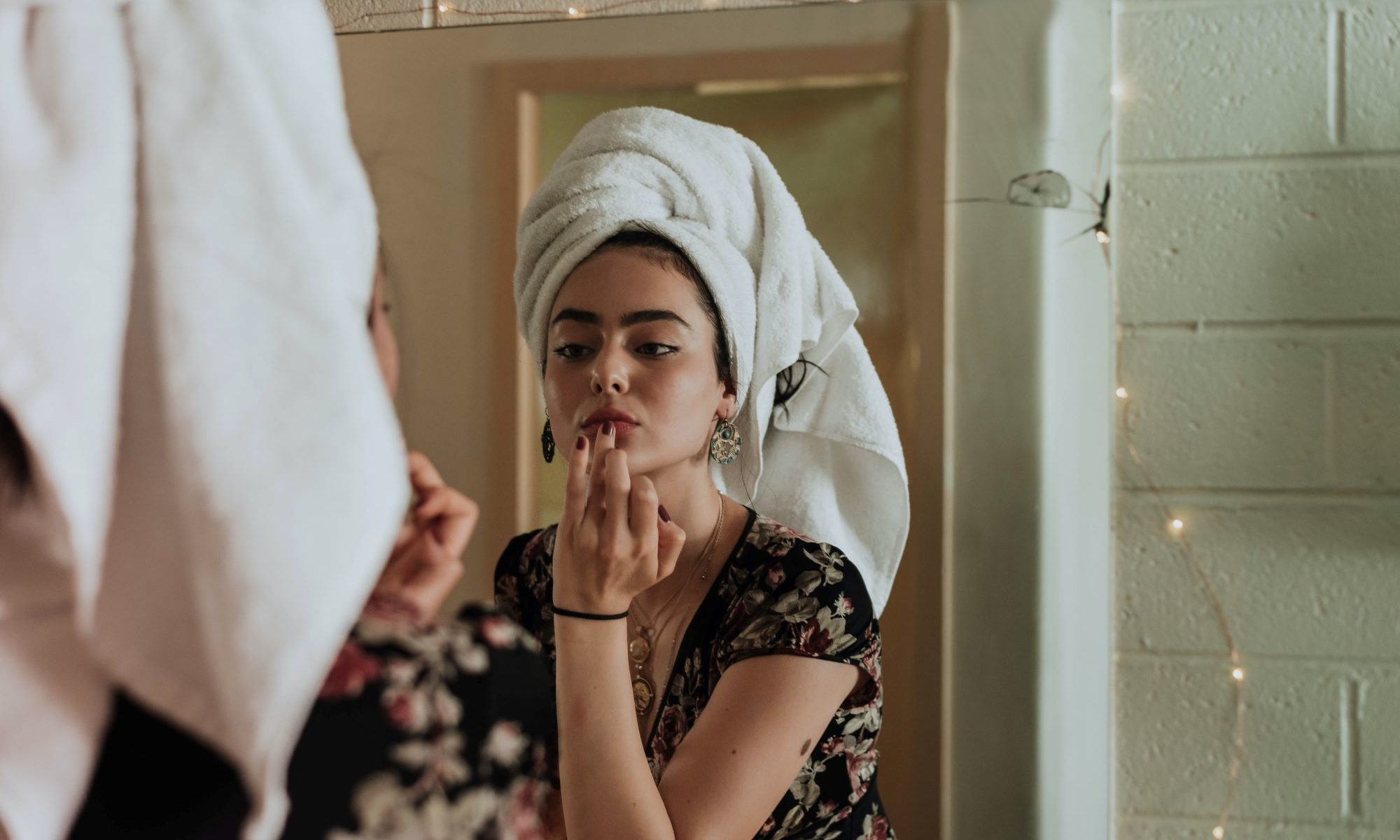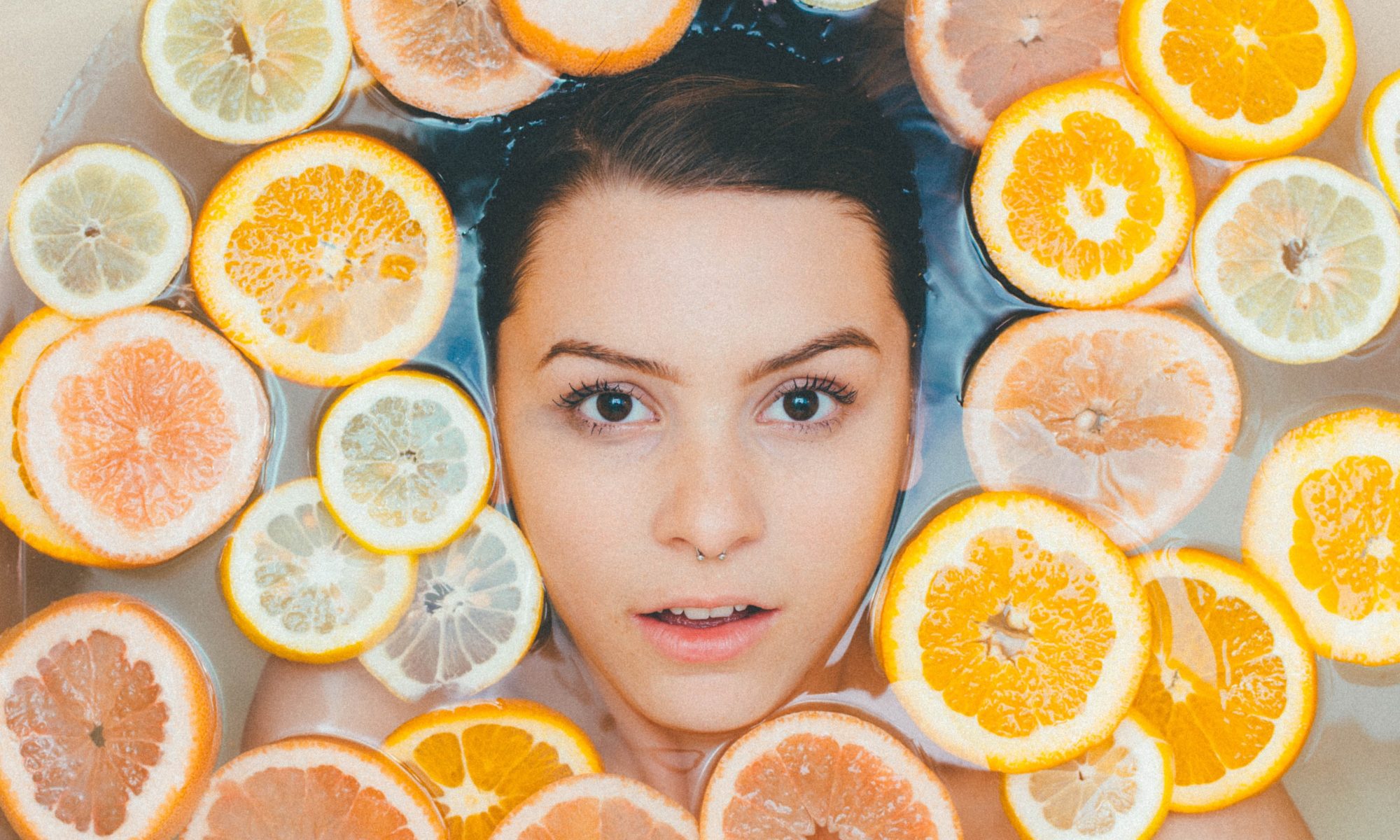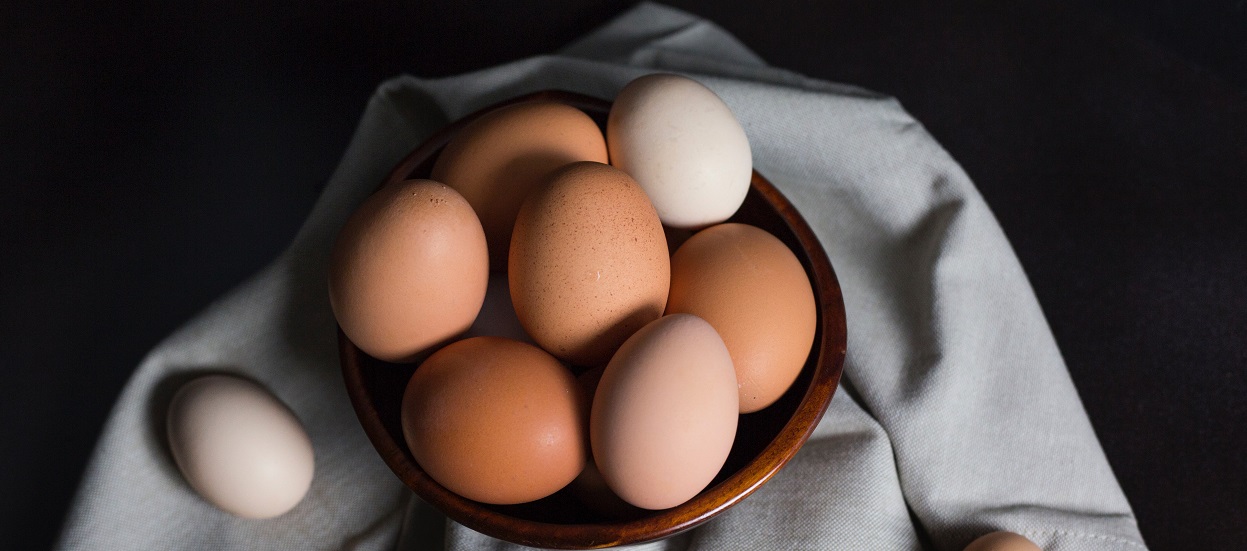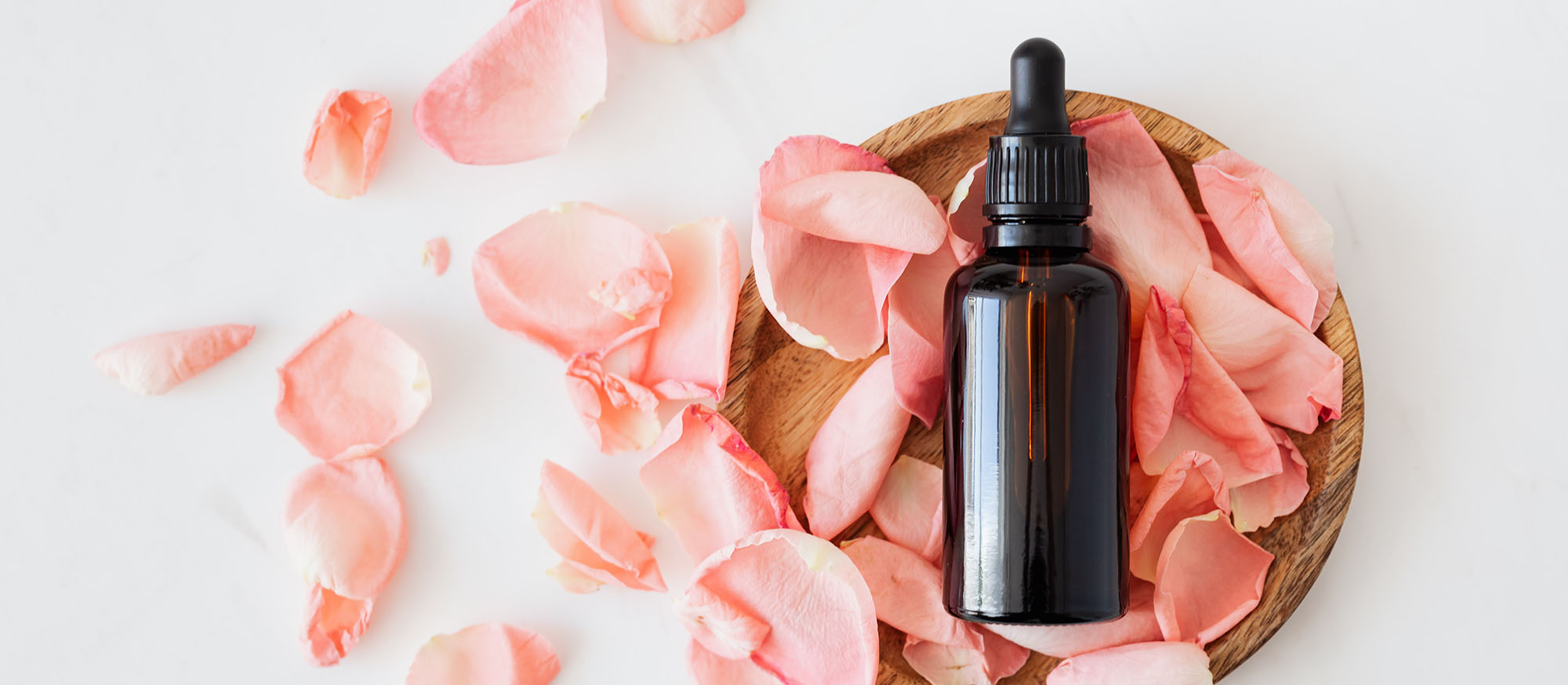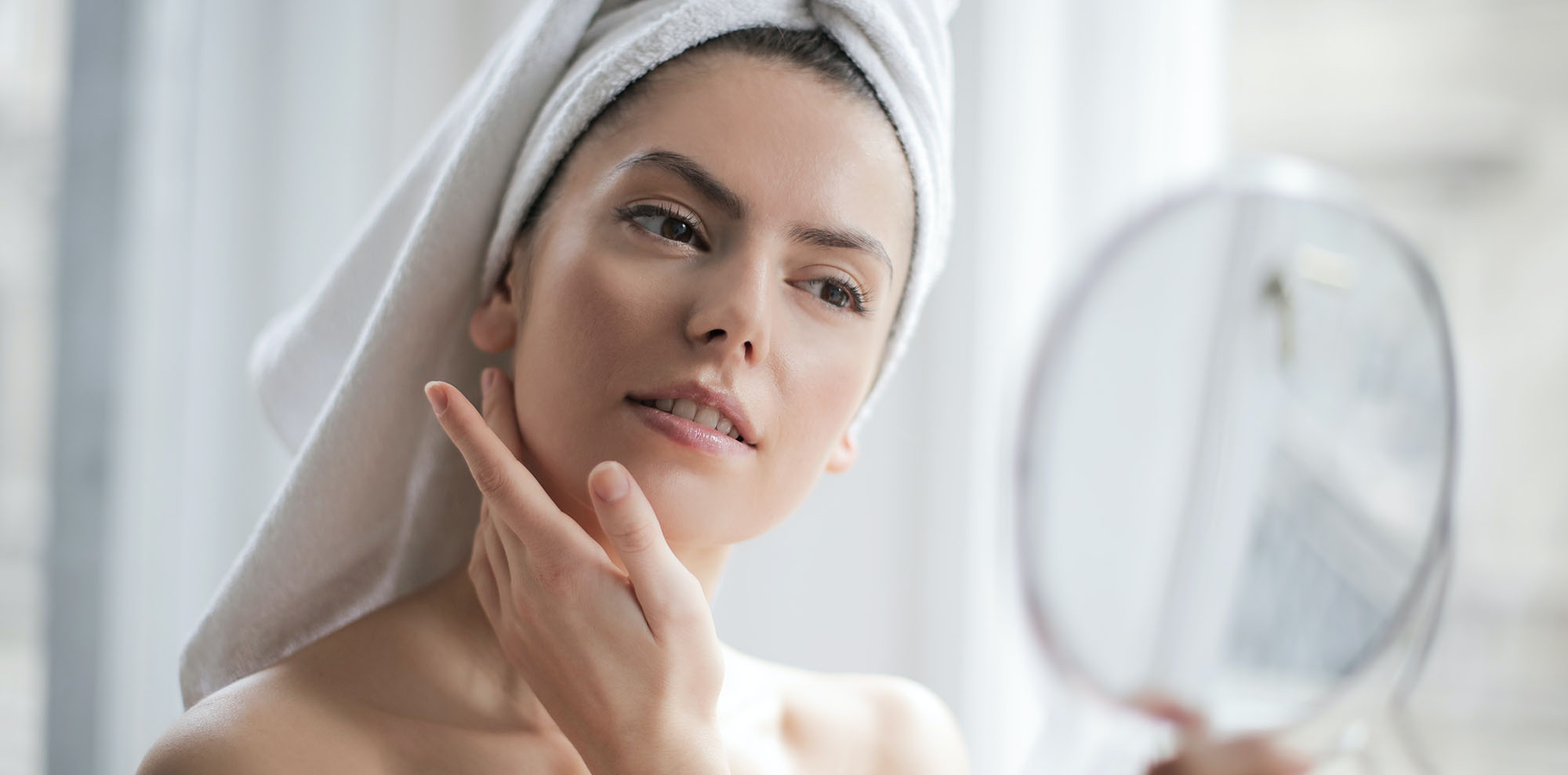A good skincare routine is the best beauty secret out there. Why? Because healthy, pampered skin is the foundation for the rest of your beauty routine. Just think about it: Beautiful, healthy skin is the ideal canvas for makeup, and you may need a lot less of it when your skin is in good shape. If you've ever tried a long, complicated skincare regimen and lost interest after the first week, it's OK! Don't give up. You can maintain your complexion and your sanity at the same time. Here's how.
Cleanse
Cleansing is the first step in any good skincare habit. The trademark of a bad skincare routine is going to bed without removing makeup. Start a new, good habit: Cleanse your face twice a day with a gentle cleanser designed for your skin type. If it helps, use a makeup remover wipe at night before cleansing. Depending on whether your face is dry, oily, or combination, you may be able to use the same cleanser morning and night.
Treat
Step two in a simple skincare routine is to treat your face and neck with a serum designed for your skin type and problem areas. To treat dark spots, try an overnight serum with vitamin C. For daytime, a collagen-boosting preparation is a good bet. Don't forget eye cream while you're at it.
Moisturize
Skin at any age needs moisture, but depending on your skin type and the climate where you live, you have many choices here. For light, oil-free moisture, choose a gel or souffle. For more intense moisture, especially overnight, you may want a heavier, creamy product. In the morning, choose a moisturizer with sun protection, no matter the season or the weather.
[insert page='Offer' display='content']
Don't Forget
Exfoliate. A hallmark of a bad skincare routine is exfoliating incorrectly. Avoid doing it too frequently, too infrequently, or with the wrong product. Aim for an acid-based exfoliator, which won't scratch your skin like a granular product could, and put yourself on a once-a-week schedule.
Use SPF every day. (It's worth mentioning again.) Sun exposure is one of the quickest ways to damage your skin and speed up its aging process. The easiest way to get into the habit of applying sunscreen every day is to be sure your morning moisturizer has it built-in.
Nourish your skin from the inside out. Your lifestyle choices make a difference in how your skin looks. The best products in the world won't give you ideal results if you drink too much, skimp on sleep, smoke, or forget to hydrate and eat well.
Roll with the punches. Your skincare needs change as you age. Traveling to a new climate may play tricks on your complexion. Things happen. If you find that your old routine isn't working for you anymore, don't be afraid to change it up.
No matter how bad your skincare routine has been in the past, don't give up! On the other hand, don't stick with something that isn't working. If you find that you really hate a product that you thought would be a winner, see if you can exchange it. Even if not, try to find a new product that you love so you'll look forward to using it every day. You may be amazed by the results you start to see by implementing just these few tips. The key is to keep it simple so that you'll stick with it.

